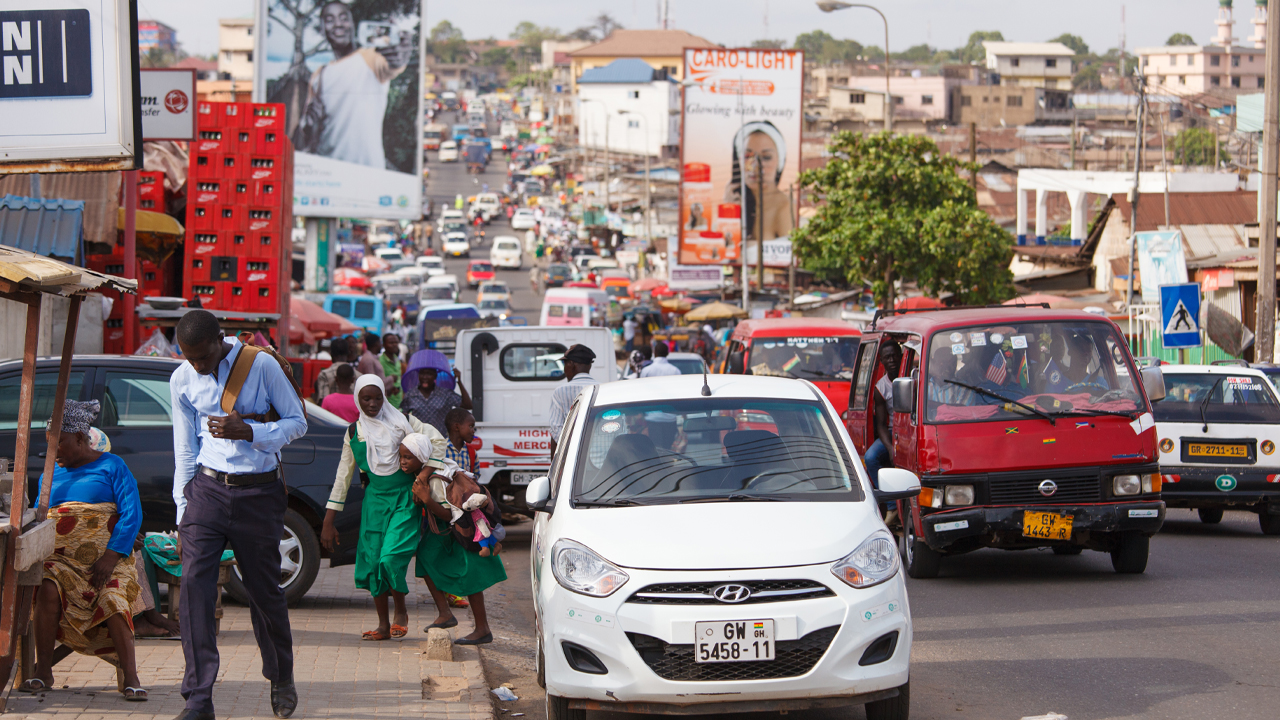[ad_1]

Bitsika Africa, a crypto startup operating out of Ghana and Nigeria, said Monday that it processed almost $40 million in remittances in 2020, up from just under $1 million the previous year.
Founder and chief executive officer Atsu Davoh said that deposits accounted for $18.87 million of the total volume, with payouts making up $17.89 million. Internal peer-to-peer transfers made up $3.19 million of total volume, he added.
Davoh did not reveal how much of the total volume constituted bitcoin (BTC)-denominated remittances. The CEO had not responded to questions sent to him at Press time.
Bitsika, which allows users to buy and sell bitcoin, as well as to send or receive money in crypto or fiat, reported that revenue soared to $1.03 million in 2020 from just $329 in 2019. That’s a 312,000% increase year-on-year.
To transact on the platform, users can deposit the Ghanaian cedi, Nigerian naira, U.S. dollar or the CFA franc, a currency used by 14 former French colonies in West and Central Africa, into the Bitsika account via bank transfer, cash, and mobile money. Bitcoin and the BUSD stablecoin can also be deposited.
Davoh said about 96,000 people are using the Bitsika app, with 95% of the registered users coming in 2020. Some 16,507 individual users made at least one successful transaction during the year. In total, 268,430 transactions were processed via the platform in 2020.
“These volumes are from self-determined, autonomous [successful] transactions that users initiated and performed themselves. We did not count system transactions that users did not initiate,” Davoh asserted, in a thread on Twitter.
Going forward, Bitsika Africa is planning to raise an undisclosed amount of money in 2021, “get our own licenses in all the markets we operate, start our internship program for the design and tech communities and provide more features in our app to expand our reach in and beyond fintech.”
Crypto-based remittances are booming in Africa mainly because they are considerably cheaper and faster compared to fiat remittances. For example, it costs a fraction of one cent to send any amount of money via the Bitcoin cash network. By comparison, banks will charge an average of 10.89% of the amount being remitted, according to a new World Bank study.
In December, Nigeria’s Yellow Card revealed that it had processed $165 million in crypto remittances during the first 11 months of 2020.
What do you think about the crypto remittance business in Africa? Let us know in the comments section below.
Image Credits: Shutterstock, Pixabay, Wiki Commons
Disclaimer: This article is for informational purposes only. It is not a direct offer or solicitation of an offer to buy or sell, or a recommendation or endorsement of any products, services, or companies. Bitcoin.com does not provide investment, tax, legal, or accounting advice. Neither the company nor the author is responsible, directly or indirectly, for any damage or loss caused or alleged to be caused by or in connection with the use of or reliance on any content, goods or services mentioned in this article.
[ad_2]
Source link



